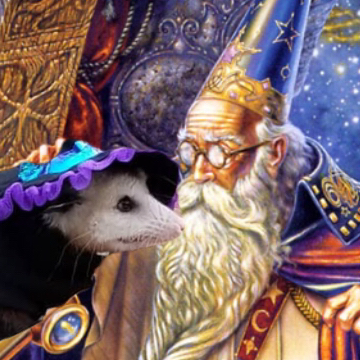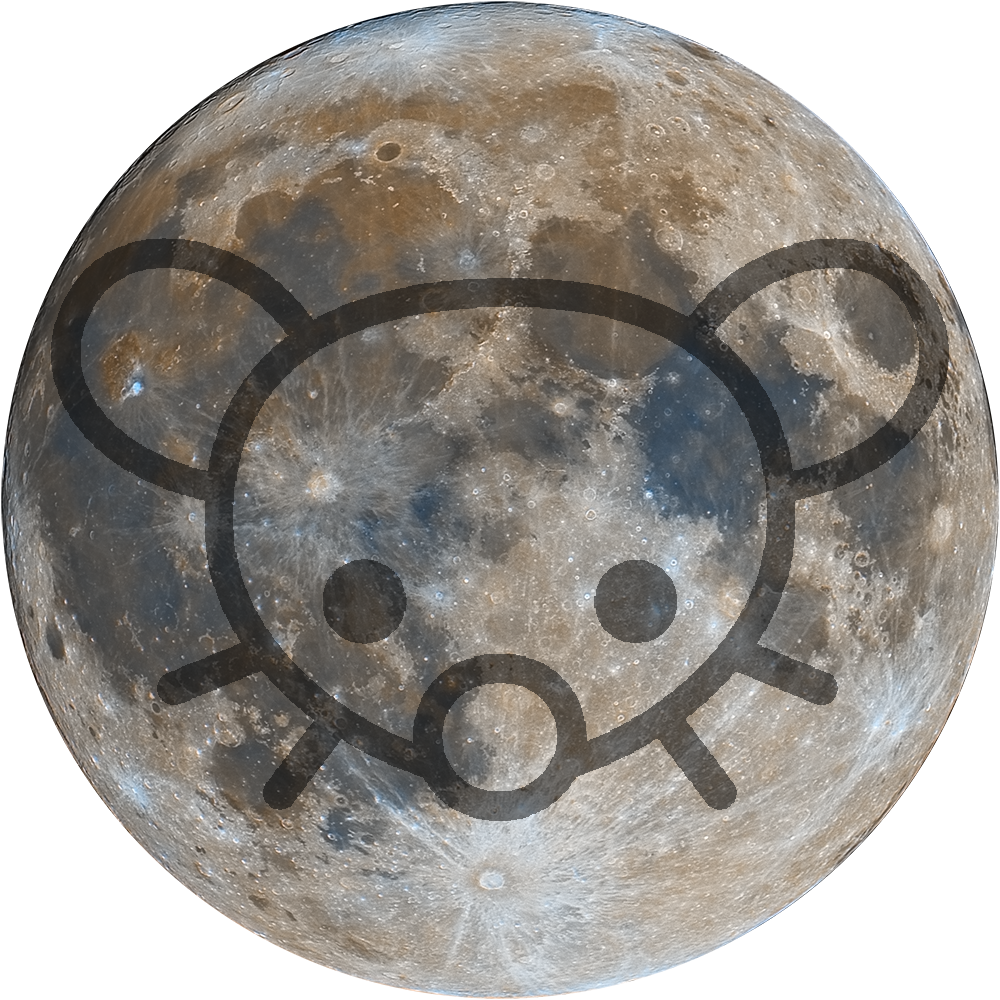- cross-posted to:
- pics
- cross-posted to:
- pics
Every dot in this image is a star.
Messier 7 is an open star cluster in the core of the Milky Way, so it’s an incredibly dense star field compared to most of my other astro photos. If you’re in dark enough skies it’s possible to see the cluster with the naked eye in the summer (it’s also great to view through binoculars). I wish I had gotten more time on this to bring out the dark nebula before some haze came in, but I’m still extremely pleased with these results for just 25 minutes of exposure time. Captured on June 25th, 2020 from a Bortle 4 zone.
Places where I host my other images:
-
TPO 6" F/4 Imaging Newtonian
-
Orion Sirius EQ-G
-
ZWO ASI1600MM-Pro
-
Skywatcher Quattro Coma Corrector
-
ZWO EFW 8x1.25"/31mm
-
Astronomik LRGB+CLS Filters- 31mm
-
Astrodon 31mm Ha 5nm, Oiii 3nm, Sii 5nm
-
Agena 50mm Deluxe Straight-Through Guide Scope -
ZWO ASI-120MC for guiding -
Moonlite Autofocuser
Acquisition: 24.5 minutes (Camera at Unity Gain, -15°C)
-
Lum- 25x30"
-
Red- 8x30""
-
Green- 9x30"
-
Blue- 7x30"
-
Darks- 30
-
Flats- 30 per filter
Capture Software:
- Captured using N.I.N.A.
and PHD2 for guiding and dithering.
-
BatchPreProcessing
-
StarAlignment
-
ImageIntegration
-
DynamicCrop
-
AutomaticBackgroundExtraction 2X
-
Luminance:
-
TGV/MMT Noise Reduction
-
ArcsinhStretch
-
HistogramTransformation
-
RGB:
-
LinearFit to green
-
ChannelCombination
-
AutomaticBackgroundExtraction
-
PhotometricColorCalibration
-
SCNR
-
HSVRepair
-
ArcsinhStretch
-
HistogramTransformation
-
LRGBCombination with Lum
-
CurveTransformations
-
HistogramTransformation
-
UnsharpMask
-
MorphologicalTransformation to reduce star sizes
-
Invert>SCNR>Invert
-
More Curves
-
Annotation
-
This is an incredible shot, I’m blown away by the sheer number of stars in this image.
I once heard Dr. Neil Degrasse Tyson say that there were more stars in Milkway (or Universe) than there were grains of sands on earth. Your image reminded me of the quote. Thank you for sharing!


